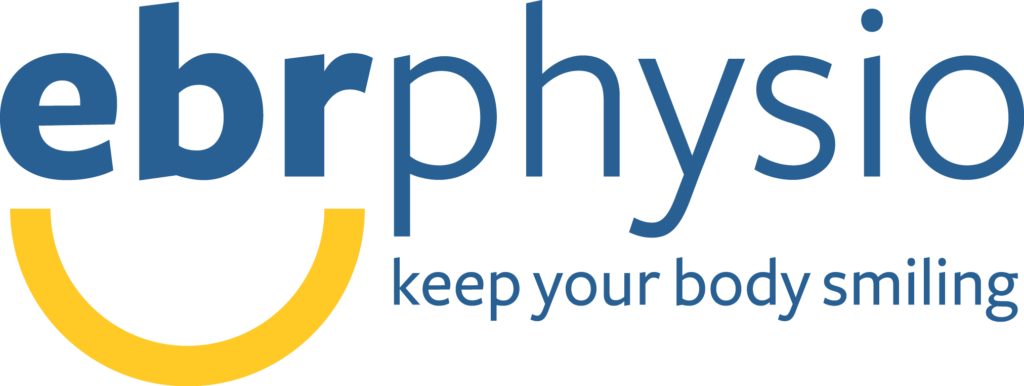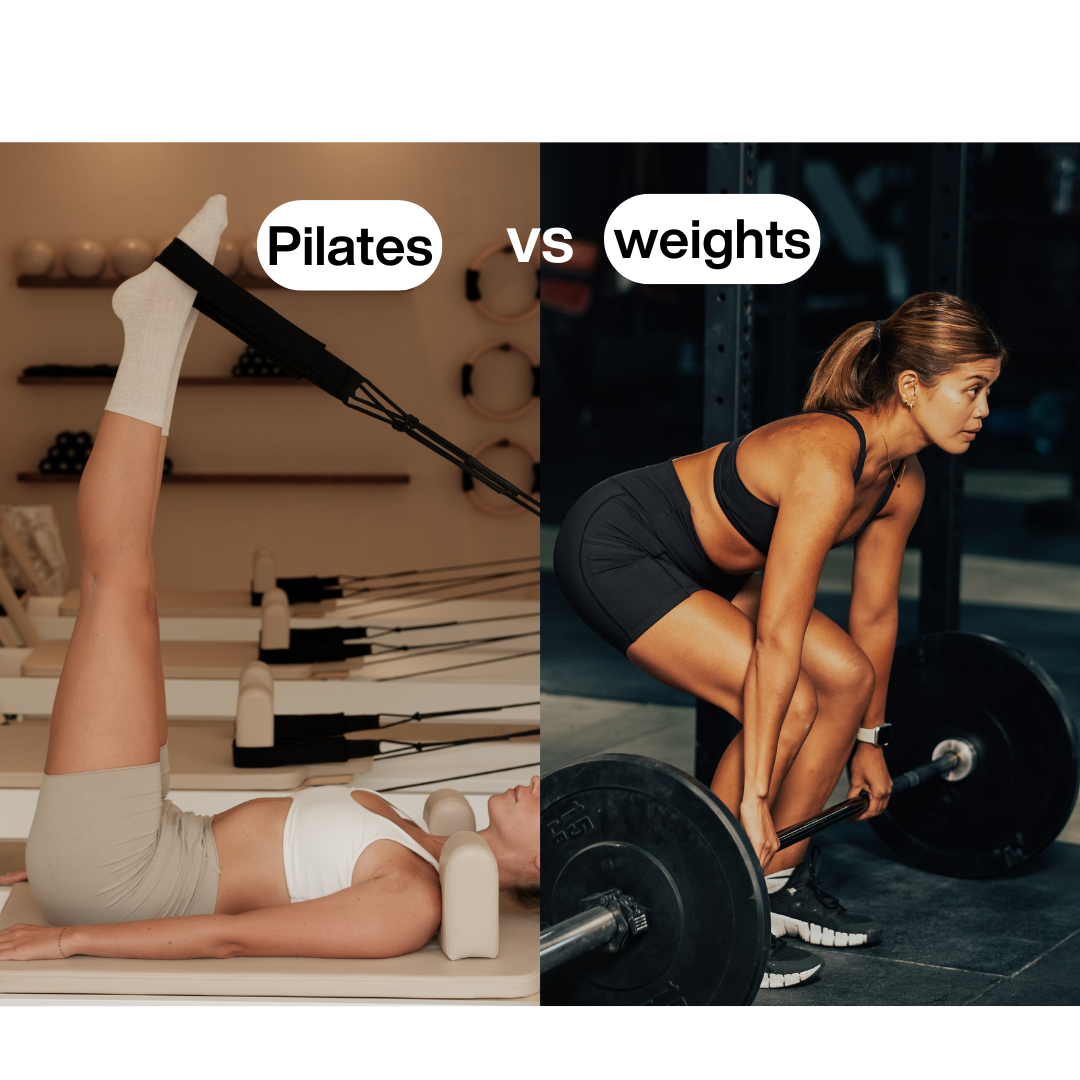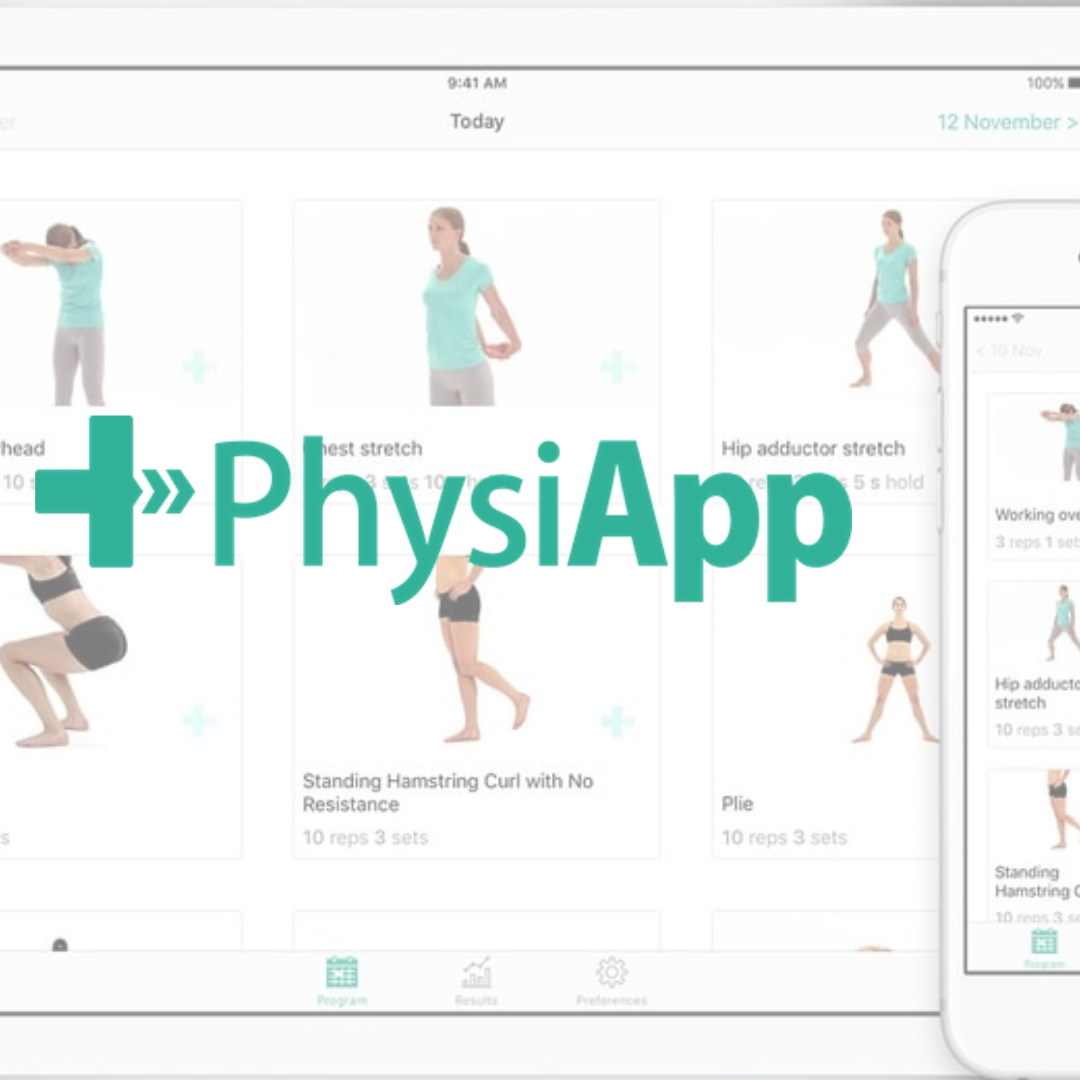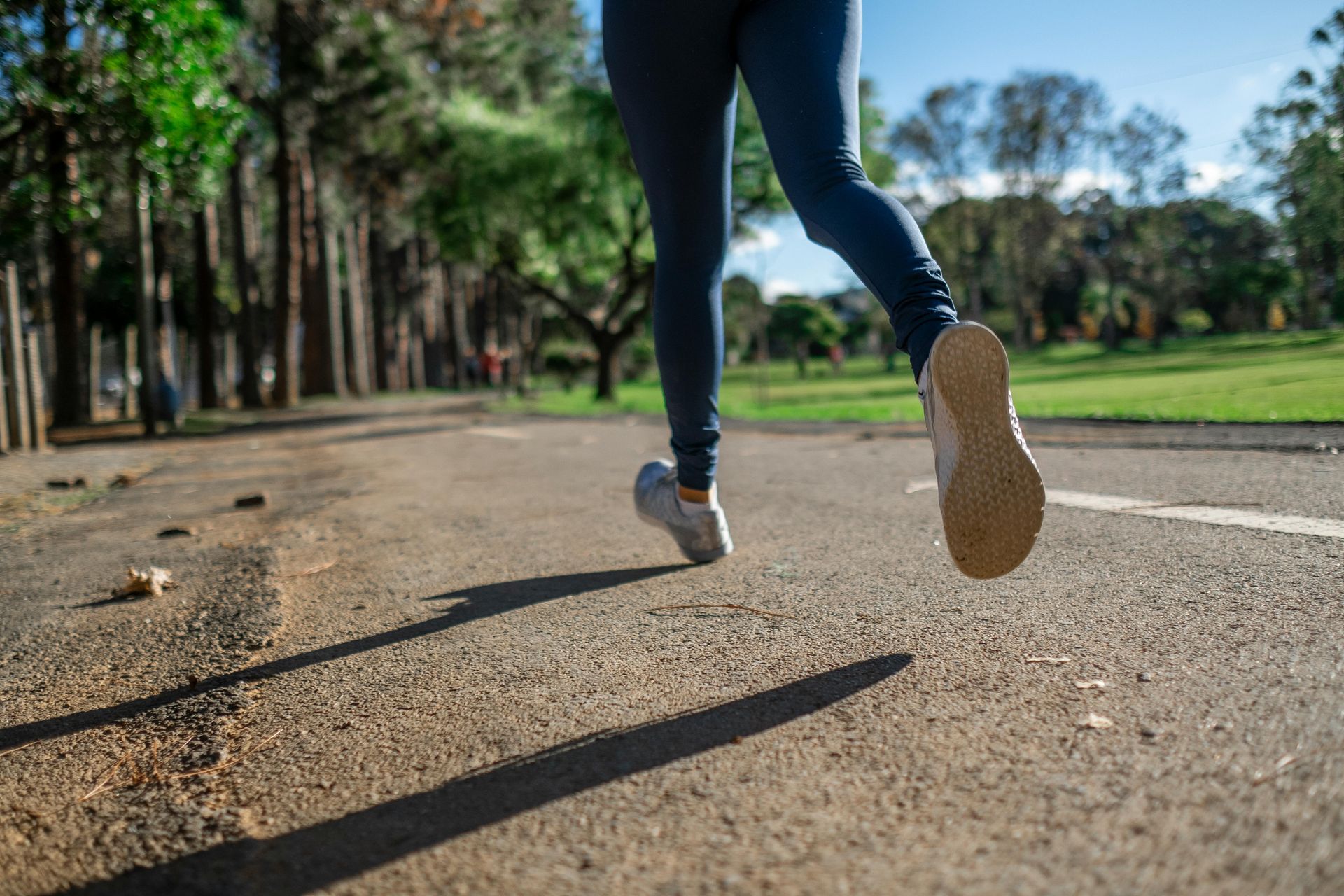Unlock Your Strength with PINC Cancer Rehab
Unlock Your Strength with PINC Cancer Rehab
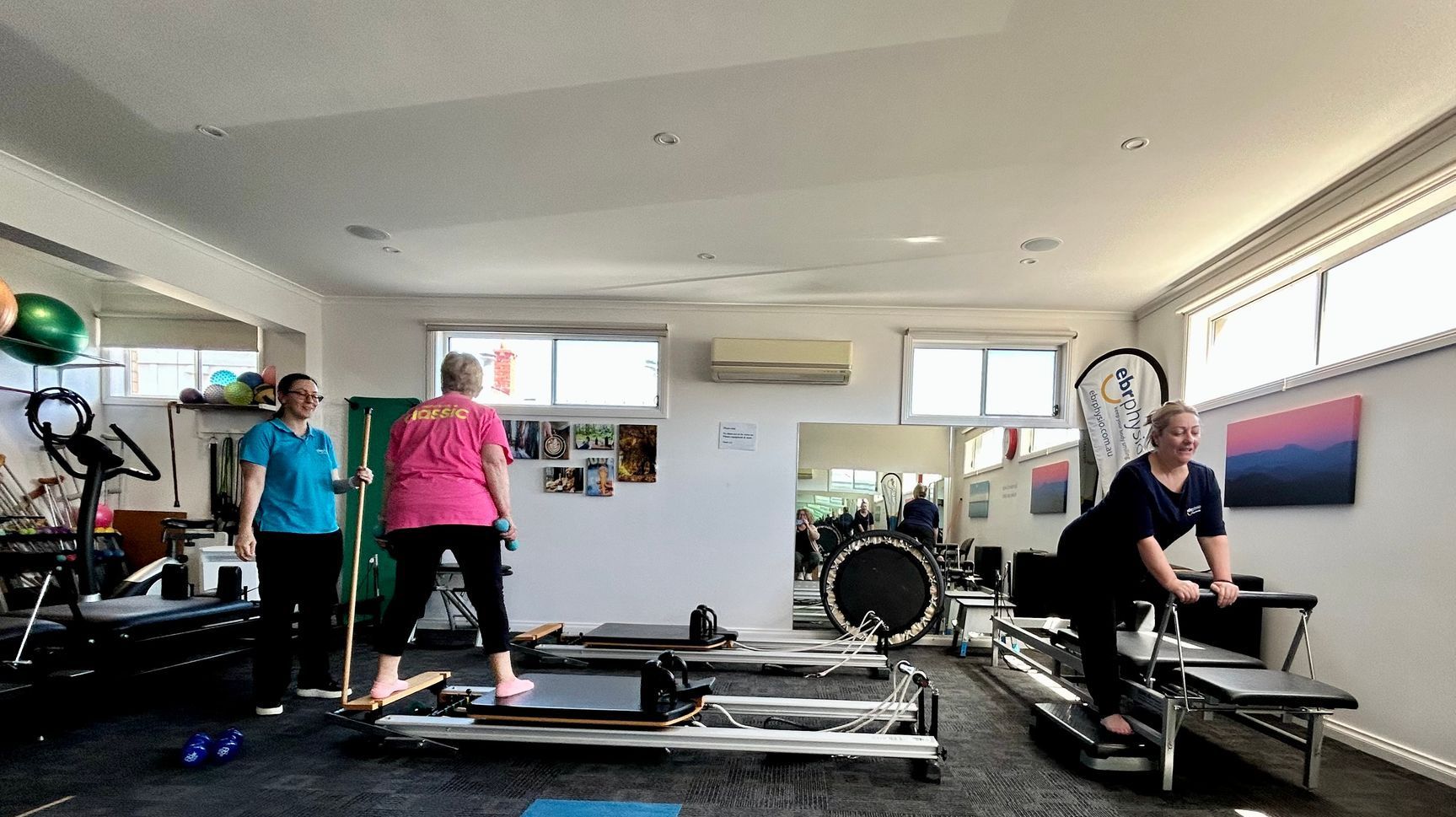
What is PINC?
PINC isn’t just a program; it’s a purpose. Here’s what each letter stands for:
- P: Qualified Physiotherapists deliver each session with expertise and care.
- I: Sessions are Individualized to meet each person’s unique needs.
- N: A Nurturing environment to reclaim life’s full potential.
- C: A focus on comprehensive Cancer Rehabilitation.
The PINC Cancer Rehabilitation Program is about empowering individuals to feel safe, supported, and confident on their journey back to wellness. The program is specifically designed to support those affected by cancer, maximizing recovery, building physical and emotional strength, and restoring body confidence—all in a compassionate, guided setting.
How Does Cancer Impact the Body?
The physical and emotional toll of cancer and its treatments can feel overwhelming. PINC’s specialized rehabilitation program helps you regain control, increase energy, and return to daily life with renewed strength. Guided by certified PINC Cancer Physios, each step of the program is built to support you wherever you are in your recovery journey.
What Does the PINC Program Involve?
- Initial 1-Hour Consultation
Led by our certified PINC Cancer Physio, Lea O’Brien, this thorough assessment considers your specific challenges and goals. Lea creates a fully personalized rehab plan to help you thrive. - Six 1-Hour Exercise Sessions
Customized sessions blend Clinical Pilates and resistance training, addressing your body’s needs for: - Pain relief and reduced muscle tension
- Improved strength, mobility, and balance
- Elevated energy levels to support daily activities
Accessibility and Cost
The PINC rehab program is available to all women who have experienced cancer. Here’s how it works:
- Initial Consultation: $180, potentially subsidized through Medicare CDM or Private Health Insurance.
- Exercise Sessions: Six 1-hour sessions are generously funded by the PINC & STEEL Foundation.
Group Classes:
We aim to begin as soon as we have four participants, ensuring a targeted, supportive group experience.
All funding for this program comes from the Dry July Foundation—an initiative worth supporting for future participants! Learn more about Dry July here.
To find out more or express your interest, please speak to your physio, or visit our website at PINC & STEEL Australia.
